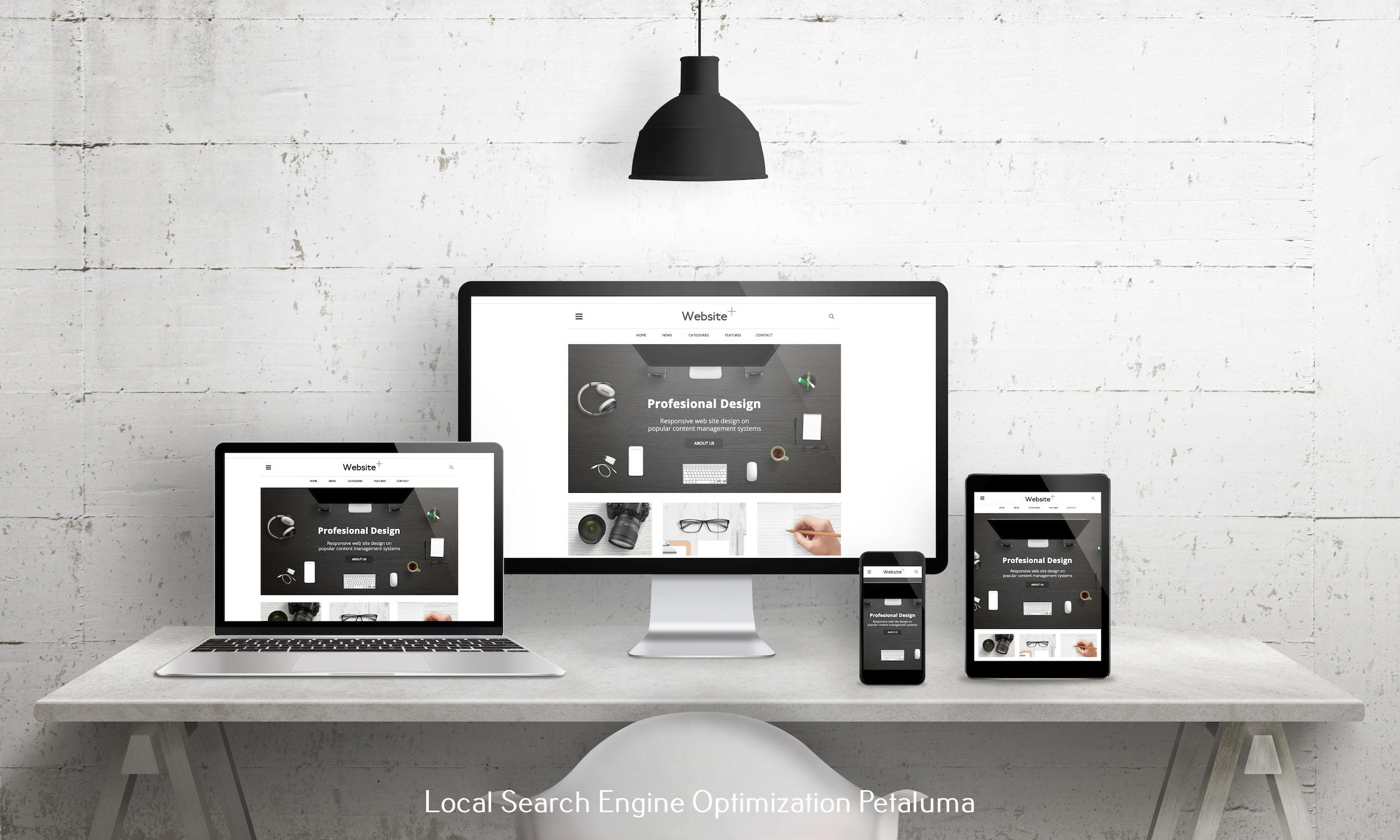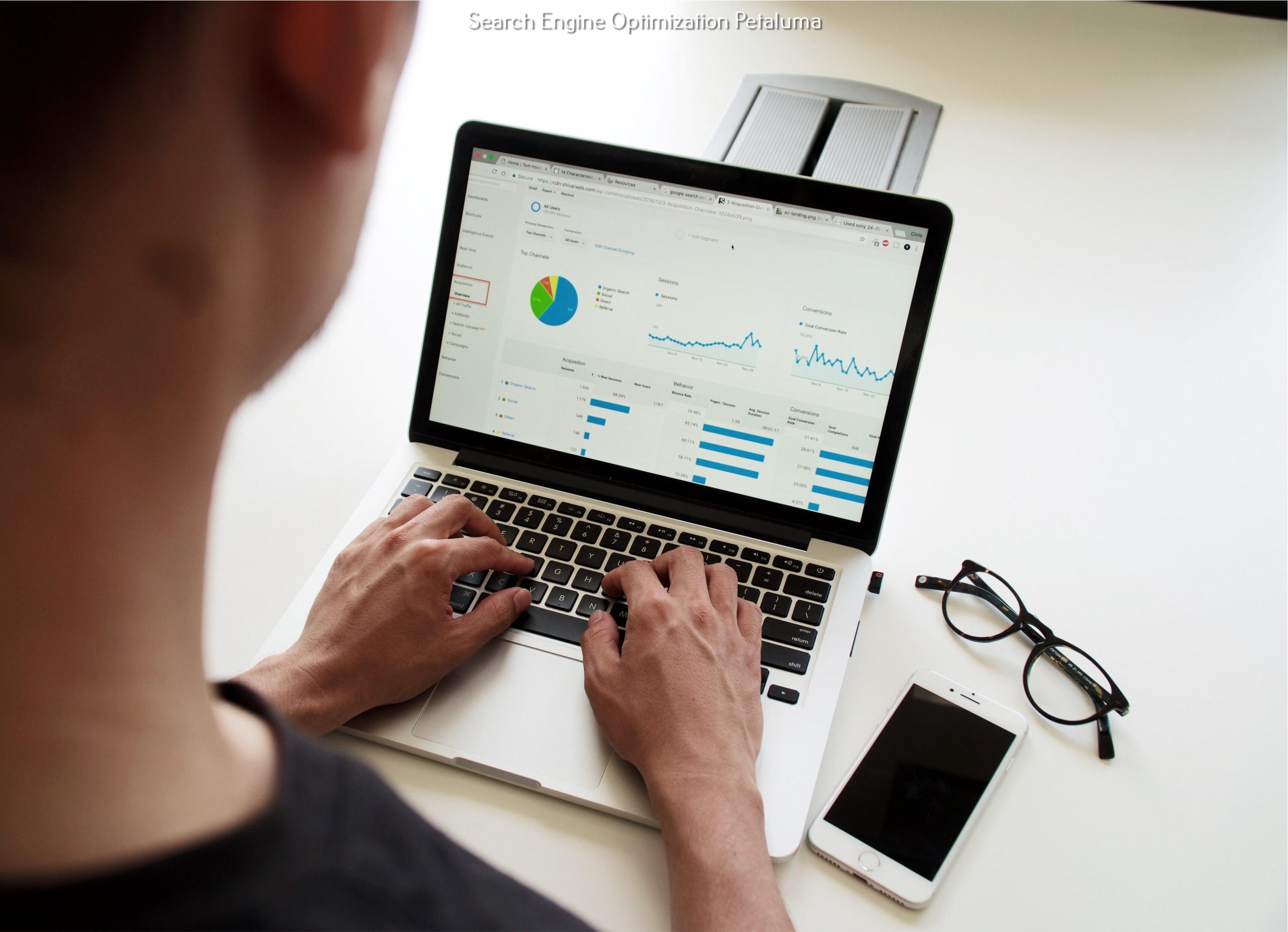Search engine optimization (SEO) is an essential part of any website’s success. Without optimizing your website and its pages, you can’t expect to rank highly in SERPs and garner the attention of potential customers. And while SEO is a complex task at hand, one of the most important factors in improving your rankings is understanding how to use SEO analytics.
Analytics provide a wealth of knowledge that can help you better understand not only your own website but also how others may be ranking for similar search terms. By better understanding SEO analytics, you can make more informed decisions about which keywords to target and how best to optimize your pages for maximum visibility.
What Is SEO Analytics?
SEO analytics is data that provides insights into how users are interacting with and engaging with websites online. This data helps inform marketers on where their website stands in terms of organic search results, which keywords they should target for further optimization, and what types of changes need to be made to improve their current rankings.
The most important type of data collected by analytics are keyword performance metrics such as impressions, click-through rates (CTR), and average position within SERPs. These metrics give an idea as to which keywords are performing best on a given page or site-wide basis and where there is room for improvement in terms of ranking higher up in the SERP results pages for those particular keywords.
Why Is Analytics Important?
Analytics provide valuable insights into user behavior – including what people are searching for when they land on your site, what pages they’re visiting most often, how long they remain on each page, etc – that can help inform your overall strategy moving forward. With this information at hand, marketers can make more informed decisions about which content should be updated or revised as well as focus their efforts on optimizing specific pages or targeting certain keywords more heavily than others based on existing performance metrics and trends identified through analytics data.
Additionally, SEO analytics also provide key insights into competitor performance which helps marketers keep tabs on who their close competitors are and what strategies they might be employing around keyword targeting or content creation/optimization that may benefit them more than other businesses vying for the same SERP spots within organic search results. Knowing this information allows businesses to adjust their own tactics accordingly so that they remain competitive within their industry verticals – all without having to spend any extra time researching these competitors themselves manually!
How Can You Use Analytics To Improve Your Rankings?
Analytics provide a wealth of information about user engagement with websites – including what people are searching for when they land on yours specifically as well as competitor performance across various search terms related to yours – but it’s up to you how best you use this information to improve upon existing rankings within organic search results pages (SERPs). Here are some tips for leveraging SEO analytics data:
– Identify Keywords That Are Performing Best: By looking at keyword performance metrics from SEO analytics tools like Google Search Console or Moz Pro Campaigns, you can get an idea as to which keywords might be performing best already within organic SERPs so that you know which ones need further optimization first before anything else;
– Monitor Competitor Performance: Try using competitive analysis tools like SEMrush or Ahrefs Site Explorer so that you have access detailed reporting regarding competitor activity across various search terms related to yours;
– Optimize Content Accordingly: Make sure all content is optimized properly for targeted keywords identified through both your own website’s analytics and those found through monitoring competitor activity;
– Conduct Regular Site Audits: Make sure all technical elements related SEO are functioning properly by running periodic site audits using tools like Screaming Frog or DeepCrawl so that any issues affecting rankings can be quickly fixed before it becomes a bigger problem down the road;
– Test Different Variations Of Content And Keywords: Try mixing things up by testing different variations of content such as A/B tests around headlines or titles in order see if something new resonates better with users than something old; likewise try aiming at different types of searches such as long-tail versus short-tail queries until something sticks!
By leveraging the power of SEO analytics data appropriately throughout your optimization efforts – both from an internal point-of-view (monitoring user engagement) AND externally (competitor research) –you will undoubtedly gain valuable insight into where exactly there might be room improvement across various aspects related not only just keyword targeting but also technical elements affecting ranking potential overall!
SEO analytics play an integral role in helping marketers understand where their website stands among organic search results and making adjustments accordingly based off this data collected through various tools available online today – allowing them improve upon existing rankings without having waste precious time researching each individual element separately manually themselves! All it takes is taking advantage these resources provided right underneath our noses with little effort required from us beyond just making sure we know exactly what it means first before jumping headfirst into action mode!






































0 Comments